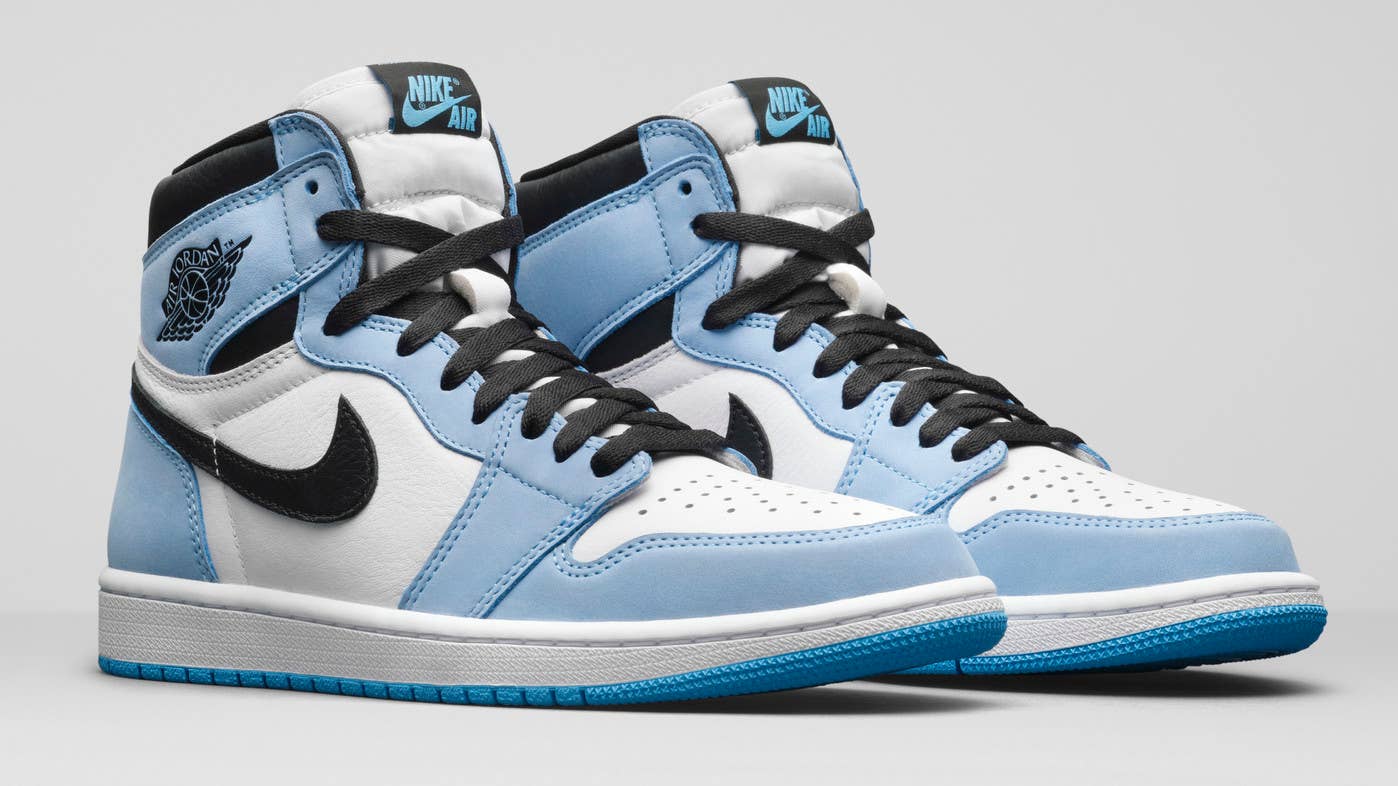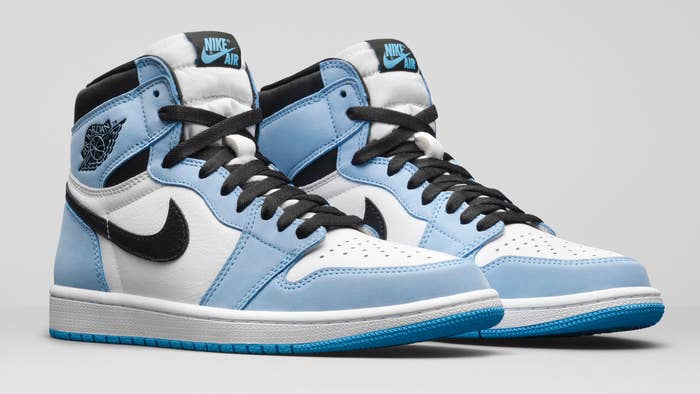
Nike’s lawsuit against StockX, which began last year as a dispute over how the reselling platform was using Nike trademarks for its NFTs and has since evolved to include serious challenges to the authenticity of products traded on StockX, took its latest spicy turn last week. A heavily redacted document submitted by Nike lawyers on Wednesday breaks down in some detail the source of the fake sneakers Nike has referenced in the lawsuit.
The letter from Nike’s lawyers explains that between March and July 2022, a sneaker collector and reseller bought 38 pairs of sneakers from StockX only to later discover that they were counterfeit. The letter says that Nike contacted the reseller to inspect the sneakers from StockX and confirmed that they were fakes.
While Nike’s letter omits the reseller’s identity and many of the details about the sneakers he bought, a December transcript filed in the case docket names Roy Kim as the third-party consumer who bought the 38 fake shoes. The same transcript features the revelation that another batch of fake sneakers Nike’s focused on in the lawsuit came from Zadeh Kicks, the infamous Oregon reseller whose Ponzi-scheme-style sneaker business collapsed in 2022.
In an interview with Complex, Kim says that he’d bought a batch of 62 Air Jordan 1s from StockX last year as an investment. His plan was to take advantage of a dip in the market and resell them for profit. Until he realized over half of the pairs he’d purchased from StockX were showing as fake on popular apps used to check shoes’ authenticity.
“We’re talking about the SKUs that matter, that have very, very, very accurate reps and the failure rate, at that point in time, was really high,” Kim says. “I mean, 50% plus of those SKUs failing in that time period, it really wasn’t anything human-error related. To me, that’s a systemic issue.”
After he posted about the issue on social media last year, he eventually got StockX’s attention and a full refund. He also got pulled into the lawsuit between Nike and StockX. Because he’s involved in the lawsuit, there are things Kim can’t discuss. Although, some of the holes in his story are filled in by court documents.
“Nike’s brand protection team visited Mr. Kim, looked at his shoes, documented our findings,” a Nike lawyer explained in a December 2022 conference, per a transcript from the conference. Per the redacted letter, this happened on July 22, 2022.
Nike did not respond to a request for comment on Kim’s ordeal for this story—the brand generally doesn’t comment on pending litigation.
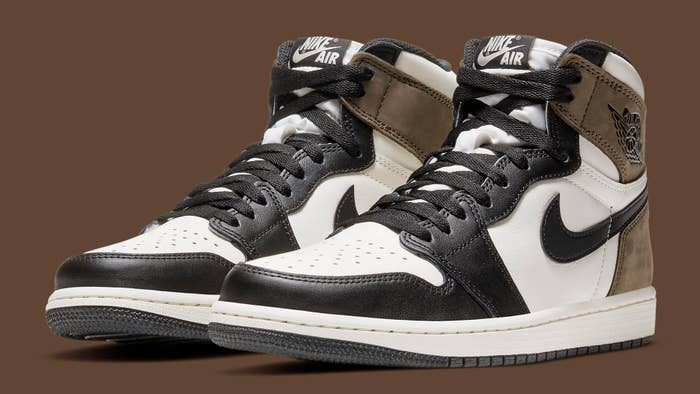
In a statement to Complex, StockX defended its process for verifying sneakers.
“We stand by our verification process as one of the first and best in the industry, and in 2022 alone rejected more than 330,000 products worth nearly $100M,” a spokesperson said. “StockX also has a buyer promise in place, which is central to our mission of offering a safe and secure marketplace for both buyers and sellers. If we make a mistake and incorrectly verify an item, we’re committed to making it right for our customers.”
Kim hasn’t been totally dissuaded from using StockX—he says still buys from there and appreciates its role in making sneakers accessible—but does think there are fundamental flaws to the business.
Here, we spoke to Kim about what StockX did upon realizing the shoes were fake, his place in the lawsuit, and how he got his money back. The conversation has been edited for length and clarity.
How did the whole thing start?
It started off back in March, April 2022. Because I am a collector/reseller, I was looking, at the time, at some specific SKUs—”UNC” 1s, “Mocha” 1s, “Hyper Royal” 1s—and they had kind of dipped in the market and me feeling like, “Oh, what a great opportunity. I’ll buy a bunch of these from StockX.” So I bought, I want to say 60 to 70 pairs of these off StockX at the time, and it got delivered over a span of three or four weeks.
Are you somebody who shops on there a lot? Because it seems like buying that many pairs might raise a red flag in their system.
No, I’ve been buying a lot of pairs. I mean, I’ve spent over a million bucks on StockX platform in total.
So I mean, that was kind of the resale thing of 2022 for resellers. If you’re able to get the bulk volume discount and you have a proper business set up and you get a reseller certificate applied, you get sales tax submitted. So you can buy these things with a high bid and then drop them off at your favorite consignment store. That was kind of the arbitrage opportunity there.
That was a pretty successful strategy up until all these consignment stores started going belly up and now that strategy no longer exists. So for some of this stuff, I was buying it for my local consignment store. I felt the value of that shoe was under-market so I bought these. And I tend to post this type of stuff on my Instagram, which is followed by a bunch of resellers. And someone had warned me like, “Hey, just be careful. I know someone who’s found these one-to-one fakes that are passing through StockX so just, when you get the pairs, check them.” So I got the pairs, and as they came in, I checked them, and then I ran them through CheckCheck app and Legit Check app both, and they were failing both the apps.
Have you had something like that happen before? Have you ever had shoes fail on there?
Yeah, but not at that scale. You’re buying stuff from events and stuff, and every once in a while, you’ll have a check and they check the insole stitching on those shoes, and they look suspect. So not at that scale.
And the scale is what exactly? You bought how many pairs?
I bought around 60-ish, I think it was 62 pairs of those three SKUs specifically. And at the end of it, I think 38 of them had failed.
38 out of 62 shoes.
Yeah, of those SKUs, the ones I checked. So there were additional ones that those apps had passed later, that I think also turned out to be fake. But when Nike came to inspect them, I didn’t have them in hand. So it was 38 out of 62. I mean, more than 50% of these turned out to be fake, according to these apps.
That’s an insane ratio.
It’s an insane ratio, and that’s the thing that gets me, right? Whenever StockX talks about, “it’s a very low percentage,” I mean, yeah, but no one’s faking Martine Rose Air Monarchs, you know?
We’re talking about the SKUs that matter, that have very, very, very accurate reps and the failure rate, at that point in time, was really high. I mean, 50% plus of those SKUs failing in that time period, it really wasn’t anything human error-related. To me, that’s a systemic issue. I couldn’t believe it. I first ran it through, I think it was, Legit Check app first, maybe CheckCheck. I ran it through that first and then they’re like, “These are failing.” I was like, “Alright, I’m going to check the other apps.” And they failed.
At this point in time, both these apps are saying these are failing, so I tried to reach out to StockX, originally. I was like, “Hey, I have an issue. I’m a bulk buyer and a lot of these pairs are coming back fake, and I need someone to reach out to me.” And I never really heard back from them.
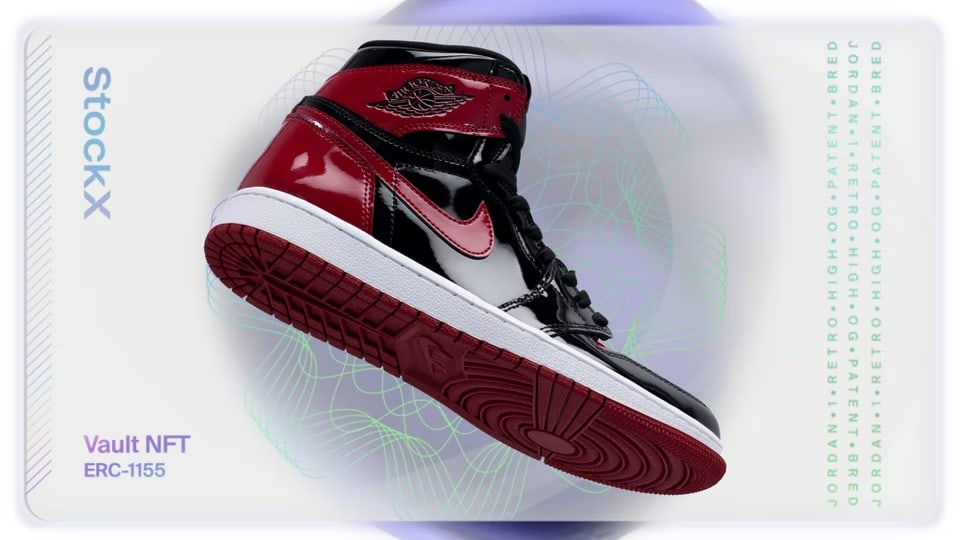
I’m surprised, I would think that spending how much money you do on there, that they would treat you with some priority.
Yeah. And I don’t know if it’s just the way I filed that support ticket. Maybe I didn’t categorize it. Generally, my support with them is pretty good. And that’s the thing about the story is, I’m actually a pretty big StockX fan. I mean, I’ve been buying from them since, still. I just avoid the SKUs I know are problematic. And I’ve been a big proponent of StockX for a while, and I still like them.
At the time, it was a little frustrating because I couldn’t get a hold of anybody there. I was trying to reach out to their discord and trying to get someone to escalate this internally somehow. And it just got to the point where I’m just like, “You know what? Sometimes you just have to post stuff that goes viral in order to get people’s attention.”
I don’t know if you actually saw the Instagram post, but I had worded it very carefully where I was like, “These shoes are failing these apps.”
I was trying not to say explicitly “they’re fake” because to me, authenticity—there’s a whole other thing about what authenticity is and who’s the ultimate authority on that, which is really the brand. But I was just trying to get this to go viral enough so that StockX would notice me and I could deal with the situation and have someone reach out. And of course, it did go viral, fortunately. Yeah, so StockX did reach out at that point in time.
So in that redacted document, there’s a mention of a name of a gentleman who reached out to me. And at that point, he reached out and he was like, “Alright, we’ll take a look at these.” So they sent me labels to take a look at the shoes, they want me to send them back.
So I sent the shoes back to StockX, and, of course, they did their checks as well. They reached out and they’re like, “Yep. Yeah, these are all falling under…” They’re kind of talking around it a little bit. And at that point, I didn’t really care. I think based on their conversations, they knew what the situation was and I knew what the situation was as well.
They weren’t trying to admit outright that they were fake?
Basically, yes. But they offered to fully refund me. They gave me a $500 gift card for my troubles, and they offered to fly me out to Detroit so I can see the authentication process in person and stuff.
Did you go to Detroit?
No, because knowing what I knew at the time, I didn’t know when this information would come out. I thought it’d be super awkward if I was there and somehow they found out this other stuff. Now looking at some of the timelines in the redacted document, yeah, I’m glad I didn’t go out there. I would like to, but it just seems like it’d be awkward. And honestly, I have a whole host of other things going on in my life right now too.
This is a busy year for work. For me, reselling is something else, it’s just a little bit of fun on the side. It’s not a career thing. I like sneakers and I’m very into business, so it was kind of a nice, interesting, fun thing to do last year, but now I’m running out of time to do it.
How big was the refund from StockX?
They refunded me on 38 shoes. I mean, they refunded each individual order. I think each order was around at least 350, times 38, so I don’t know, over 10 grand, 12 grand, something like that. And then they gave me the $500 gift card. So they made me whole, and I think, to that extent, it would’ve been better had that process occurred without me having to do all this work around trying to get it viral and dealing with the stress of, “Am I stuck with a bunch of fake shoes that I’m just going to have to throw away at some point?”
What compelled you to take part in the deposition and things like that? Did you already have your refund at that point? And was there any moment where you were like, “I’m done with this. You guys can figure this out”?
So, for me, I did get the refund, but the thing is, I really like StockX, I really think they’re actually a critical part of sneaker accessibility and I believe in the concept. The problem is, they’ve never really been held accountable for the way they’ve handled this stuff.
And I know from personal experience people who’ve gotten fakes from StockX, and StockX’s response in the past has been to sell it back on the platform, which rubs me the wrong way. And this was actually something that came up because I was trying to remember when it happened because I’ve gotten feedback from them on that. I know other people have, but I’ve gotten feedback like that, too. And it just felt wrong. If you have a fake shoe, even if you think it’s a fake shoe, the answer shouldn’t be: make this someone else’s problem.
And this is the other thing, when I got my fake shoes, the 38 shoes that I had, when I posted it and it went viral, the biggest pain in the ass was the number of DMs I got from people being like, “Hey, what are you going to do with those shoes? Can I have them? Can you sell to me at a discount?” I’m like, “Dude, no, I’m not going to pass on bad product and make it someone else’s problem.”
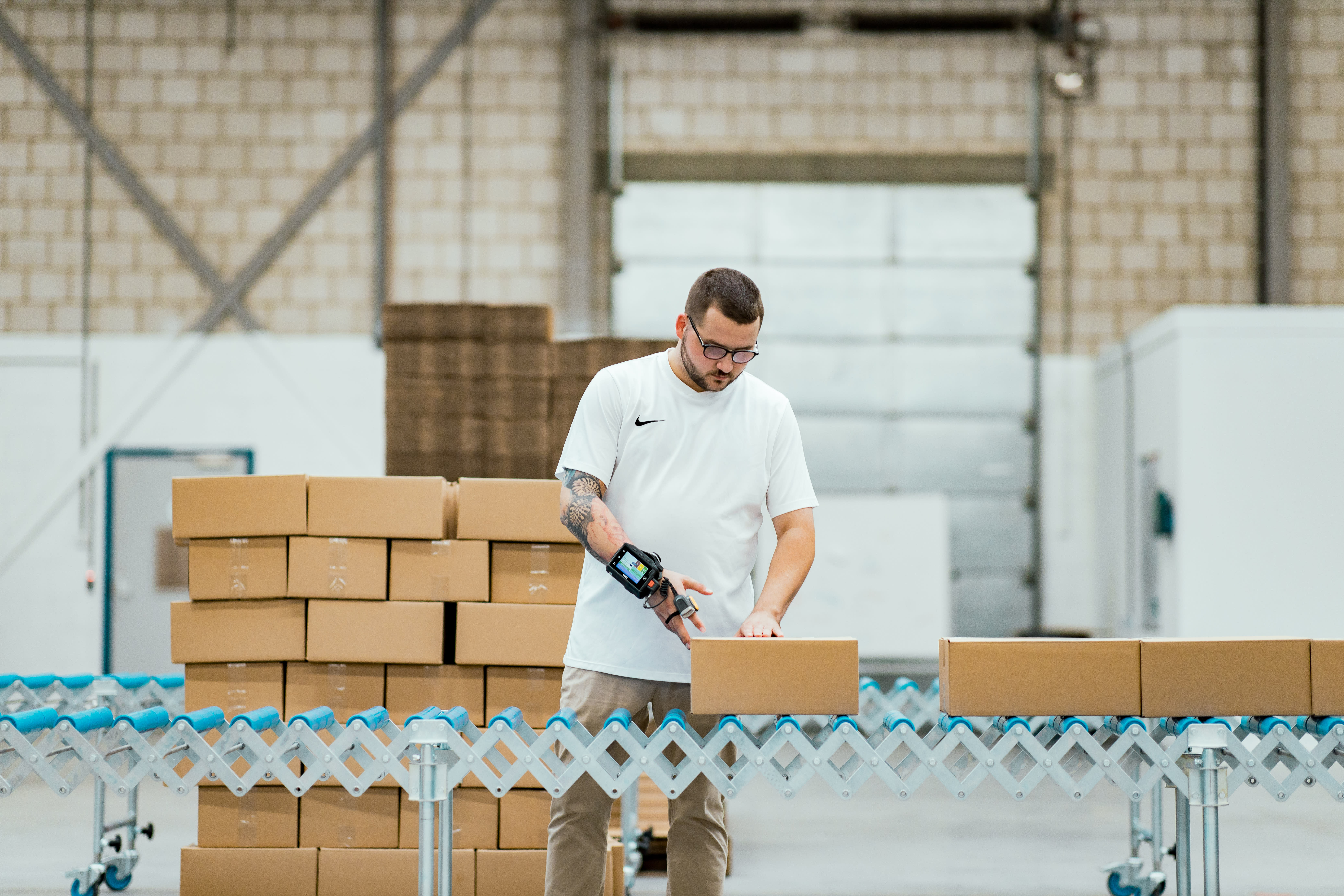
And I think this is what bugged me about StockX’s situation, is that they’re claiming a hundred percent authenticity at the time but there was no recourse for it. Their decision was always final. If you tried to question it, they’re like, no, the authenticators, they’re final. So to me, that was the real issue. And along with all the people who were like, “Hey, can you give me the fakes?” And I got all these stories from people who were like, “Hey, can you look at this shoe I got from StockX?”
I’m sure you get these messages like, “Can you tell me this is real? I got it from StockX. I can’t get them to do anything. I don’t know what to do. Should I get a chargeback?” I knew that my situation wasn’t isolated. So for me, it was more about, I think, the accountability of StockX being held at that standard. Again, to me, this was a huge systemic error. A human error, like one shoe being fake, alright, that’s fine. An authenticator has to do so many shoes, they made a mistake. But for more than 50%?
There’s something wrong with the process.
There’s something wrong with the process and they weren’t doing anything to that end. And again, and I’ll be clear about this, I’m not affiliated with Nike in any way. I’ve gotten nothing out of this from Nike. To me, this whole thing is honestly a giant time-suck.
But to me, it is a bigger issue that I like StockX but they weren’t being held accountable. It’s not a hundred percent authentic. They can’t claim that. And your process doesn’t really support the people who get wronged in the process either, and there’s a lot of people that are like that. So for me, the motivation there really is, OK, maybe I am at least in a position to make some type of waves about this and maybe StockX should look back at this stuff and we shouldn’t proliferate this problem.
Because also, as a reseller, I’m really tired of seeing fakes in the market. So there’s part of that as well. I think for me, the bigger thing is, maybe I do have an opportunity to do something about this and make at least a small change in this. So that was my motivation for it, even after I got my money back. I wanted a better process. I think if you can get to a point with a company like StockX, where they’re held to a certain standard and you’re not ripping off consumers intentionally. I’m not saying they’re doing it intentionally, but if you’re not ripping off consumers who now are buying these $400 Mocha 1s and finding out they’re fake three months down the line, maybe I could do something about that. So that’s the motivation there.
But you say you’ll still buy from StockX and you continue to do so?
Yeah. I mean, I stopped buying problematic SKUs.
What are the problematic SKUs?
You got “UNC” 1s, you got “Hyper Royal” 1s, “Mocha” 1s, white-on-white Air Force 1s are problematic. You just kind of hear stuff. I’m in a bunch of cook groups, you hear which fakes are getting really good, and then I’ll just start avoiding those. Generally, I’ve moved more toward the types of Dunks that aren’t really—there’s a rumor that Pandas are highly faked, but I haven’t actually seen it. So the shoes that I started buying after that were very close to release, where the fakes weren’t as good, or shoes that are just not worth it from a market value perspective for them to make fakes because they’re so close to retail.
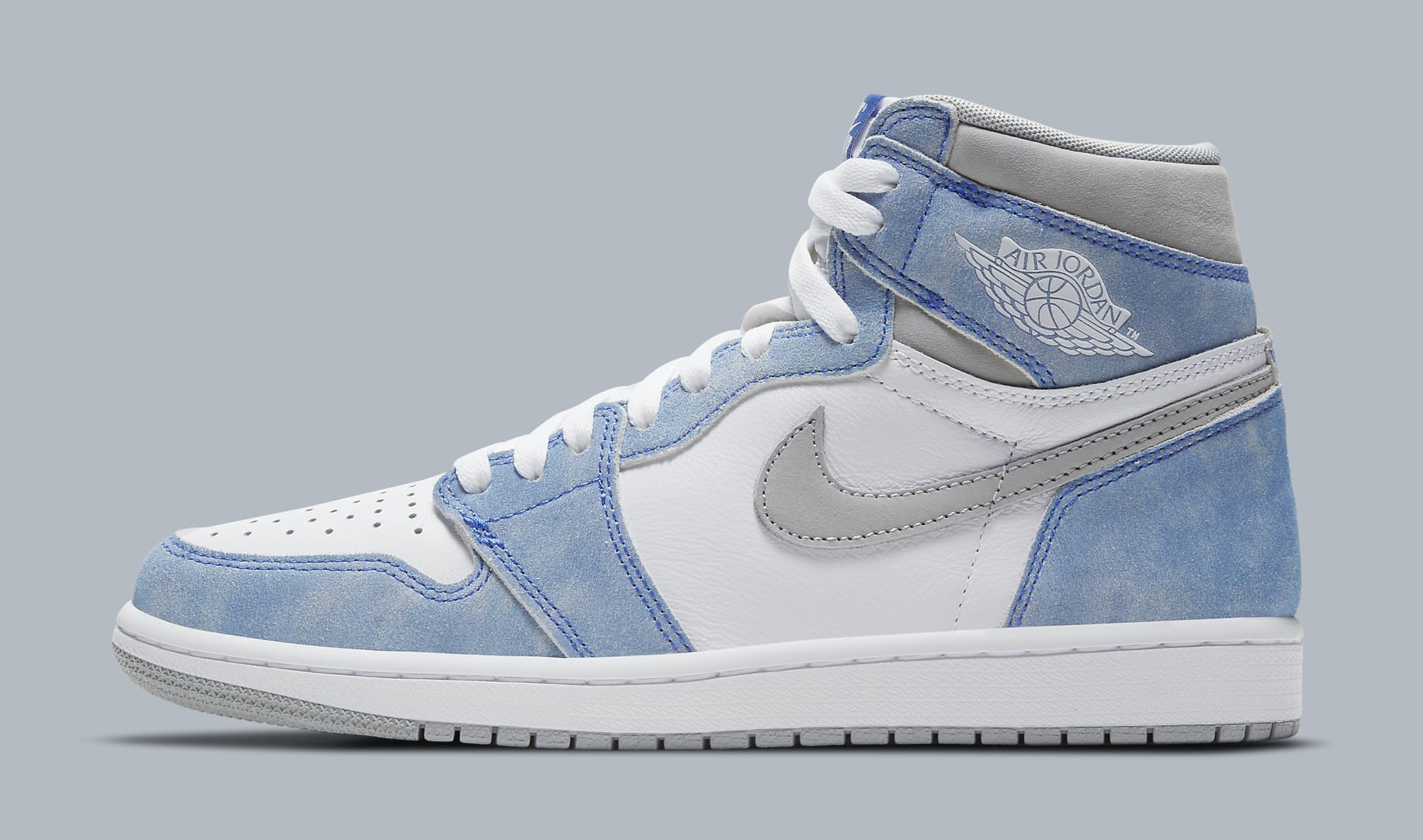
So that’s kind of how I shifted. I haven’t bought any of the “UNC” 1, “Mocha” 1s, “Hyper Royal” 1s since then, even after. There was a photo leak afterward on Twitter where they moved the “UNC” 1s into their tier-one authentication, where I think two senior authenticators have to sign off on it along with a junior authenticator or something, I forget. But even after that, I just didn’t feel comfortable because the fakes are getting too good. I still didn’t really trust StockX’s ability on those SKUs to manage that. I just didn’t want to deal with the trouble. I just didn’t want to go through that process.
You don’t want to have that question in the back of your head of whether or not you’re handling a fake or selling a fake or wearing a fake.
Especially as a reseller, too, because that has downstream effects. I could take it, it might look good, and then down the line you find out and then it becomes this whole thing you have to unwind where, alright, gotta give you your money back then. So it was just not worth the risk at that point, as a reseller.
The fakes that you received from them, were they very close to the actual shoe? Do you think it’s something you could have determined with your own naked eye?
So, I’m not a great authenticator. I can say that, yeah, from the naked eye, on the outside, they are pretty accurate.
It’s obviously not your responsibility to solve these systemic problems that you say StockX has, but do you think there’s anything they can do to really verify these problematic SKUs that have pairs in the market that are so close to the real thing?
No, and I think that’s the thing. My personal opinion is that Nike are the only ones who can say something’s authentic or not. To me, that’s it. I mean, they own the product, they know what goes into it, they know the relationships that made the shoes. They know all that information. They’re the only ones who can say for sure. And that’s kind of the tricky thing with this whole verified versus authentic.
There’s no way StockX can claim authenticity. So they did move to “verified,” which I think is the right move from a consumer standpoint.
As long as the consumer understands that is a thing that doesn’t mean this is a hundred percent legitimate.
Exactly. And I think they’ve got the marketing right where they’re talking about. “And if you don’t feel comfortable, we’ll take it back.” That’s all I was really driving for is, one, don’t claim it’s authentic, and two, if the consumer feels like they have, for whatever reason, they don’t think it’s right, then take it back and either take a look at it again or whatever it is you’re going to do.
But just don’t put people in a scenario where you’re claiming it’s 100% authentic and if you come back and say something it’s like, “Oh no, we’re right, you’re stuck with it.” And these people end up with what they think are fake.
Those resell platforms are all in a bad position in that regard. This isn’t just StockX, right? This is Ebay and Goat. Those two make similar claims, on the surface at least, to what StockX used to do.
Is there one that you trust more than the other?
No. To me, they all have problems. I’ve seen the worst fakes come in through Goat. One of my friends got a Kith x Nike Air Force 1 that didn’t even say “Kith” on the shoe.
No way.
It was bad. I haven’t had personal issues with Ebay, but I know other people have issues. I mean, it’s a human process. It’s a human process with imperfect information.
And they can talk about AI and institutional knowledge and experience, but the rep makers have such a financial incentive on some of these shoes to learn about how these are being detected and find ways to defeat it. And that’s just crazy.
That’s the game and it really sucks. I wish there was a better solution for it. But I think at heart, what StockX is doing is right, I just still think they try to hew a little bit toward maybe trying to encompass authenticity in the verified side. I mean, it was very clearly driven by this lawsuit, the realization they can’t claim that.

